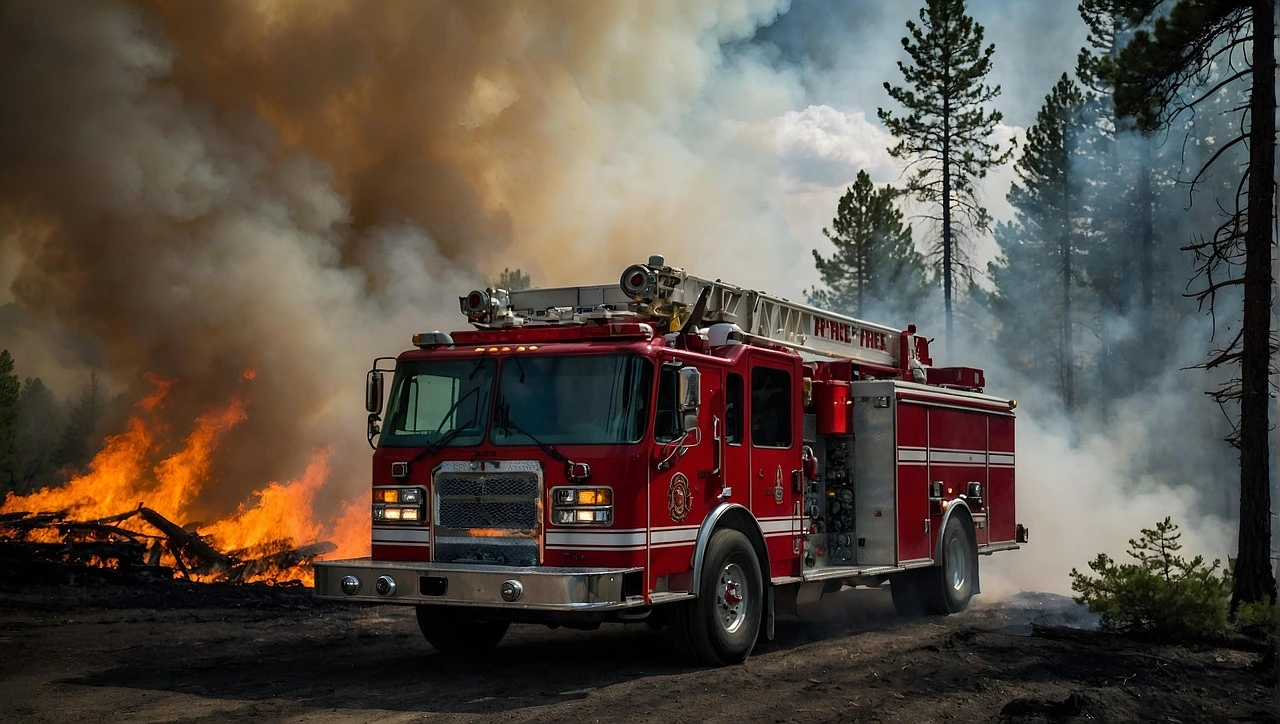UK Intelligence Warns: Climate Change Is Now a National Security Threat
By Today International News
Published: October 9, 2025
Climate Change Is Becoming a Real Danger
The UK government and intelligence agencies have warned that climate change is no longer just an environmental issue but a serious threat to national security. Rising temperatures, floods, storms, and other natural disasters are increasingly affecting food supplies, energy systems, migration patterns, and political stability in the UK and worldwide.
Officials believe that as the planet gets hotter, countries may face more conflicts over critical resources like water, farmland, and energy. Mass migration caused by climate disasters could increase pressure on border controls and social services, potentially creating political tensions both domestically and internationally.
“Climate change is not a problem for the future — it’s already creating risks for our safety and economy,” said a senior defence official during a recent briefing in London. This statement marks a shift in how the UK views climate change, framing it not only as a humanitarian or environmental concern but also as a strategic and security issue.
A New Kind of Threat
The UK’s National Security Council (NSC) is now preparing a comprehensive Climate Resilience Strategy. This plan aims to safeguard food security, strengthen energy infrastructure, improve disaster response, and help regions hit hardest by floods, droughts, and other extreme events.
Climate change is also considered a threat multiplier. Natural disasters can worsen existing problems, such as political instability, social inequality, and international conflicts. Analysts warn that the combination of climate stress and economic pressure could increase the risk of terrorism, cyberattacks, and civil unrest.
Problems With Food and Supply Chains
Experts warn that extreme weather around the world could disrupt global supply chains. For example, a drought in Asia or a flood in Africa could halt the flow of critical goods, affecting the UK’s food, energy, and manufacturing sectors.
Supply chain disruptions may lead to rising prices, shortages, and inflation, which in turn could spark social unrest and create political challenges for the government. In addition, nations that rely heavily on imported food or energy may find themselves more vulnerable to global climate shocks, further emphasizing the connection between environmental change and national security.
Spy Agencies Watching Global Climate Risks
The UK’s intelligence agencies, MI5 and MI6, have expanded their focus to include environmental monitoring. They track how climate-related crises could destabilize nations, create mass migration, or provide opportunities for other countries to exploit weaknesses.
Some states are using climate instability as a tool of influence, gaining control over critical resources such as water, energy, and arable land. These developments have the potential to alter the balance of power in international relations, and the UK is taking proactive steps to monitor these risks closely.
What Happens Next
The UK plans to formally integrate climate security assessments into defense planning starting in 2026. Investments are being made in renewable energy, infrastructure resilience, and early warning systems to ensure the country can respond effectively to environmental crises.
Experts stress that governments worldwide need to act quickly. Delayed action could worsen global instability, create new conflicts, and lead to humanitarian disasters on an unprecedented scale.
Mark Hensley, an environmental analyst in London, said, “We must see climate change as a threat to peace, not just to nature. Ignoring it could have consequences for national security, international relations, and the safety of millions of people.”
Conclusion
The UK’s warning makes one thing clear: climate change is no longer just an environmental issue. It is now a matter of national security, economic stability, and international peace. Protecting the planet is not only about saving ecosystems but also about safeguarding people, infrastructure, and the future of nations.

